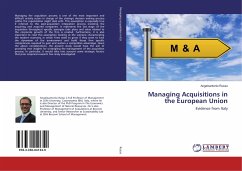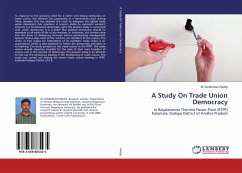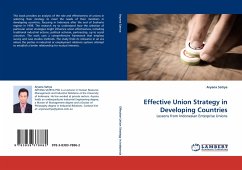Managing the acquisition process is one of the most important and difficult activity actors in charge of the strategic decision making process within the organization might deal with. This assumption is especially true if referred to the post-acquisition integration process involving the acquiring and acquired companies. It represents the last stage of the acquisition throughout specific synergies take place and value related to the corporate growth of the firm is created. Furthermore, it is also important to read this assumption looking at the scenario characterizing the modern economy, in which firms need to grow if they want to face the dynamism of the environment and build those firm specific competences required to gain and sustain a competitive advantage. Given the above considerations, the present study would have the aim of providing new insights for untangling the management of the acquisition process. In particular, it would take into account some strategic factors thatprior empirical research has rarely investigated.
Bitte wählen Sie Ihr Anliegen aus.
Rechnungen
Retourenschein anfordern
Bestellstatus
Storno








